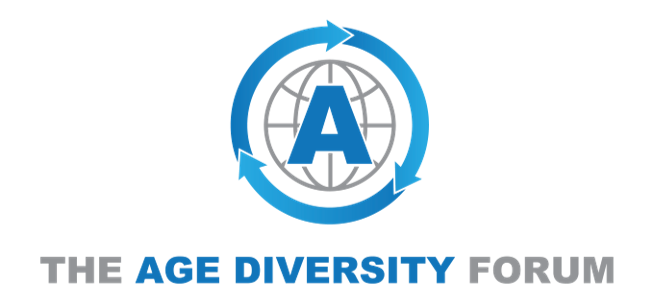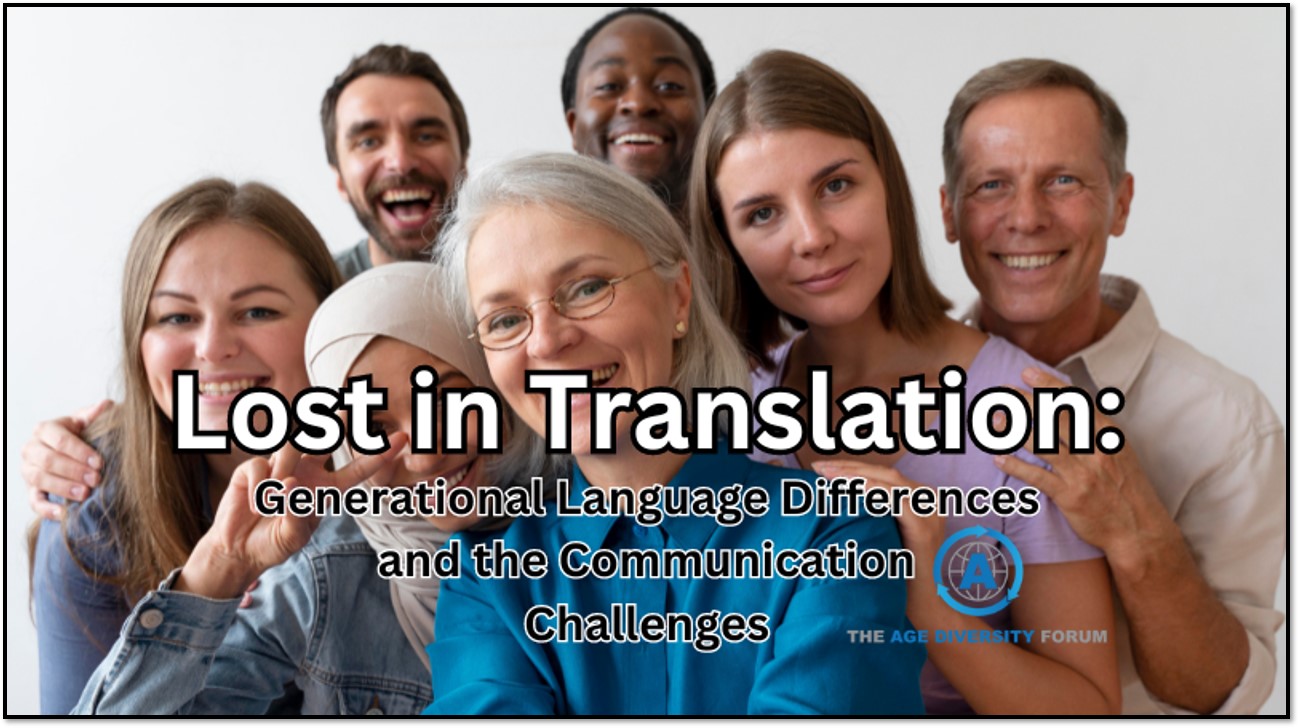Language is very complex. It changes frequently, particularly with generations as they are exposed to different experiences. The biggest change in language can be seen through Gen Z. The exposure to the internet and the easy access it gives to communicate with different people has meant that the way Gen Z uses language is very different to previous generations. It also creates words that can slowly lose their meaning due to the barrier of communication between Gen Z and other generations like Gen X and Baby Boomers.
A simple way to see this follows the trend of Gen Z’s rising concern for social issues like equality and environmental issues such as climate change. This created a “woke” culture. Woke means to be aware of and actively attentive to important social issues like injustice. However, in very recent times, it has become a blanket term for a wider set of social conversation that has the potential to cause a level of division between generations. With such misappropriation of language, there is a danger of slipping into more negative stereotyping of Gen Zs. A quick Google search will show several articles using the term as an insult to Gen Z and their views. Indeed, many people now consider being called “woke” as an insult, despite the fact it probably should be a compliment.
“The use of language has changed so much that basic conversation can often be confusing between generations”
Similarly, the concept of being “politically correct” has also been twisted. The precursor to “woke”, its meaning originates from following liberal opinion and avoiding actions or expressions that marginalise different groups. However, the concept of being “politically correct” has become rather derogatory in recent years. It is often used to describe media, comedy, and art rather than people, this means that to be “politically correct” is to be conforming and boring. That being said, when breaking down the true meaning of the phrase, it shouldn’t be boring at all. As with language such a “woke”, we must be absolutely conscious and aware of how our words can impact across different generational understandings. However, with the recent push for age diversity, it could be argued that it is also politically correct to stop ageism. So, in reality, there should be no issue with being “politically correct” at all.
Trends also can create a new language. A big one which occurred in 2019 was “Ok Boomer”. The phrase came as a clap back to older generations’ harsh stereotyping and maligning. It is a digital eyeroll and rejection of the perceptions older generations have – a dismissal. Instead of arguing back, it is a way for older generations to show that the years of misrepresentation mean they are too tired to defend themselves. There are also strong links to younger generations feeling anxiety about the current situation of the world and feeling as though baby boomers are just leaving it to them to fix everything, thus meaning it is also a cry of frustration. However, the phrase caused a lot of backlash from Baby Boomers who misread the phrase and felt it was motivated by ageism. It is easy to see why but this is why it is important for explanations and discussions. The language changes can lead to more conflict than there already was. This doesn’t help bridge the gaps between generations.
Older generations also use language that may not be understood. Back when they were the youngest generation, the word “workaholic” was coined to describe the Baby Boomers’ hard-working attitude. There are other examples of Baby Boomer slang that have fallen out of use with younger generations such as “threads”, “groovy” and “moo juice”. All much more light-hearted examples but the issue is still the same. many younger generations would hear these terms and be confused or even laugh. The use of language has changed so much that basic conversation can often be confusing between generations.
In a business context, this can mean a less productive workforce as generations won’t be able to communicate as effectively. Younger generations may feel that older generations just don’t understand them whilst older generations may feel that younger generations lack respect. The rise in conflict between generational groups due to language may lead to rising conflict in teams as well – especially since the way media portrays these changes in language often increases the misunderstanding. Overall, there is a lack of clarity which leads to muddied waters and a negative spiral as tensions build and the lack of understanding and negative perceptions increase.
A simple way to start helping reduce the gap between generations is to start talking. Simply making an effort to talking with colleagues and employees from different generations and learning their language can help make huge steps in reducing misunderstanding and potential conflict. This can even be meeting up and having a coffee (which will also help improve relations) or even just having a conversation in the breakroom.
How can this be solved? How can understanding be increased between generations? Why does the media portray the language used by younger generations in a way that only increases the conflict?
Sonya Knight | ADF Comms Team
To respond and/or for more information, please contact the ADF Comms Team at: [email protected]

